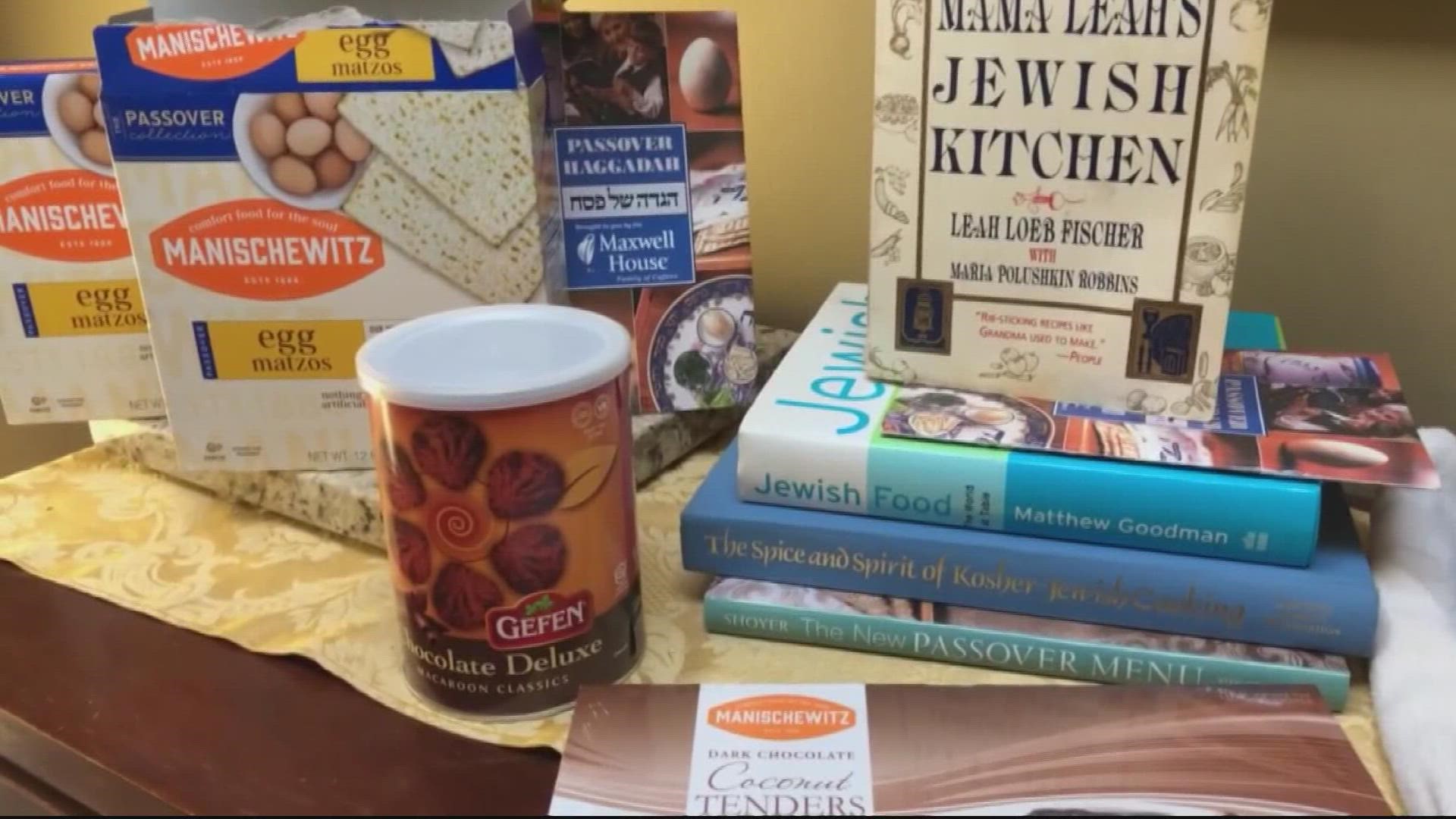LAUREL, Md. — It is rare, but indeed, it is happening — April 17 marks a day of celebration for Christians, Muslims and Jews.
For the first time in more than 30 years, Judaism’s Passover, Christianity’s Easter and Islam’s holy month of Ramadan are converging on the same day.
Across faiths, the celebration of the overlapping holy days and religious festivals is seen as a chance to share meals and rituals.
The convergence of the holidays offers a chance to dispel misconceptions about faith traditions and appreciate shared values, said the Rev. Stephen Avino, executive director of the Parliament for World Religions.
“The holidays are the enactment of the core values, and we can actually see before our eyes the beauty of that tradition through the holidays and through ritual,” Avino said. “You can compare that to your own traditions, and you can see the similarities and differences and within that is the beauty of that. And you start to see that faith as being worthy of reverence, while still maintaining your own faith.”
This month Muslims from around the world are fasting from sunup to sundown. Syed Hasan, the president of the Islamic Community Center of Laurel told WUSA9 in an interview Sunday that Ramadan intends to build better people and a better society.
“It ends up giving us a sense of appreciation for those things, these bounties that God has blessed us with. Sometimes we don't even appreciate food, believe me, I appreciate food right now. I can't eat any,” Hasan said.
For some, the overlapping holidays is also a chance to learn how to cooperate among faith traditions on crucial issues, including how to help curb climate change, fight religious intolerance, and assist people fleeing Afghanistan, Ukraine and other nations during the global refugee crisis.
Passover began Friday at sundown for Jews. Hannah Goldstein, a rabbi at Temple Sinai in D.C. said in an interview with WUSA9 that the holiday lasts seven to eight days.
“It's a time of heightened awareness of both, gratitude for our freedom, for the gifts that we have, and all that we have to be grateful for, the freedom and the length that we have,” Goldstein said.
She said religious leaders focus on retelling the story of Exodus from Egypt and current times in Ukraine reminding them of the focus on becoming free.
“Many of us have family who came from Ukraine originally. And so that message of, that story of leaving home, going from a place of oppression to a place of freedom is one that feels particularly resonant this year,” she said.
Though Jews and Muslims have different practices and customs, they share a common goal.
“I think that notion of gratitude for the gifts that we have, and that ongoing pursuit of freedom. There's a moment in the Seder when we say, 'Let all who are hungry, come and eat.' And I think, the Seder is all about kind of trying to make the world a better place,” Goldstein said.
“You know, it's a time for reflection for us. It's a time for self-improvement. It's a time for increased worship,” Hasan added.
In addition to Passover, Easter and Ramadan, holy days occurring in April this year include the Sikhs' and Hindus' Vaisakhi, the Jains' Mahavir Jayanti, the Baha’i festival of Ridvan, and the Theravada Buddhist New Year.

